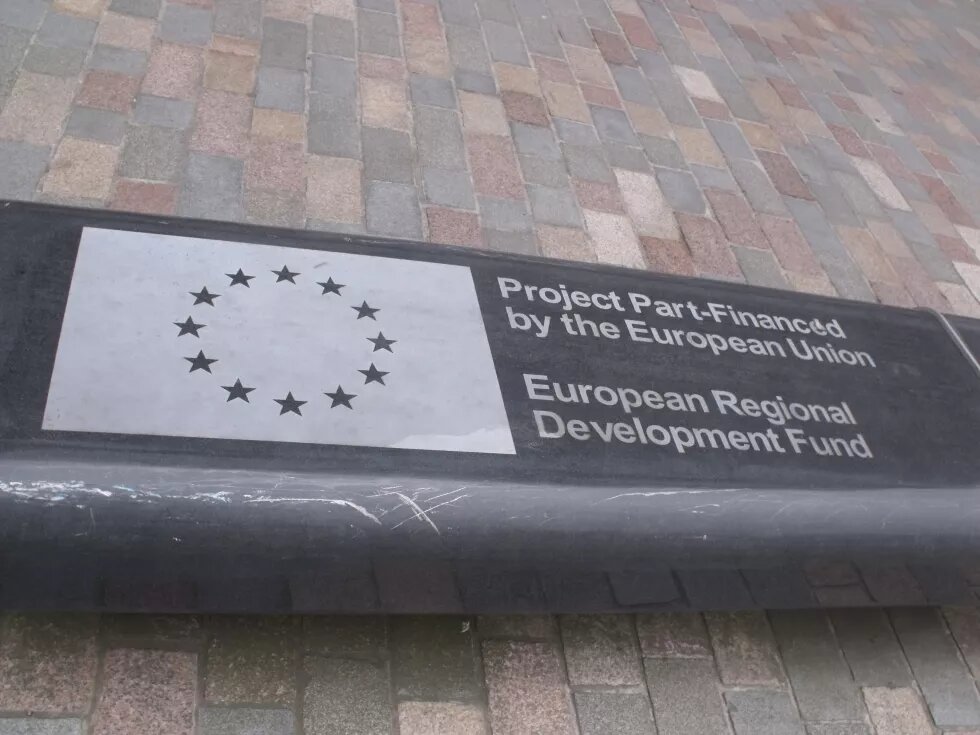
In October 2012 the Democratization Policy Council (DPC) has published a study entitled Serbian and Croatian Policy in Bosnia-Herzegovina: Help or Hindrance? – How to Effectively Employ Western Leverage. The study examines the return of Serbia and Croatia into Bosnia and Herzegovina’s politics, with active promotion by the West, based on the idea that their country’s neighbors can and will make a constructive contribution to solving the structural political crisis in Bosnia and Herzegovina. The study also assesses the EU’s role in solving bilateral conflicts and promoting regional cooperation in the Western Balkans.
The study reveals that Serbia’s policy lacks a strategic approach to regional relations and a lack of public attention to regional issues. This stands in contrast to increasing demands for a redefined regional policy (policy towards Bosnia and Herzegovina, relationship with Croatia in the light of the upcoming EU-entry, and relationship with Kosovo).
The Democratization Policy Council (DPC), Center for Foreign Policy (CFP), European Movement in Serbia (EMinS) and Heinrich Böll Foundation (HBF) proposed to jointly organize a series of three roundtables in Belgrade in 2013 on different aspects of Serbia’s regional policy. The aim of the project is to use the window of opportunity that appears with the coming into office of the new Serbian government and its yet undefined regional policy to contribute to the (re)formulation of Serbia’s policy towards neighboring countries.
The three roundtables were organized on the following topics:
Roundtable I - Serbia’s Bosnia policy: towards a new approach
This first roundtable will present DPC’s study and deal with Serbia’s policy towards Bosnia-Herzegovina.
Roundtable II - Serbia’s Croatia relations: what’s left of the Tadić-Josipović initiative? This roundtable would take a look back at the regional cooperation initiative of Croatian President Ivo Josipović and former Serbian President Boris Tadić. It will discuss the present and potential future of the Belgrade-Zagreb initiative on regional cooperation and reconciliation, as well as the future of Serbia’s relationship with Croatia in the context of Croatia’s impending EU-membership.
Roundtable III Serbia-Kosovo relations: How are they developing?
Belgrade-Prishtina are continuing the dialogue on the implementation of the up to now reached agreements (e.g. on integrated crossings management and the like); European Parliament further more requests abolition of parallel structures in northern Kosovo that are maintained by the Serbian state and above all protection of Kosovo’s territorial integrity, and from government in Prishtina to urgently implement constitutional regulations on decentralization of the authorities in order to take further steps to meet the Serb minority halfway, especially in the north. This roundtable would discuss the results of this dialogue after one year.
Serbia and Bosnia and Herzegovina Relations